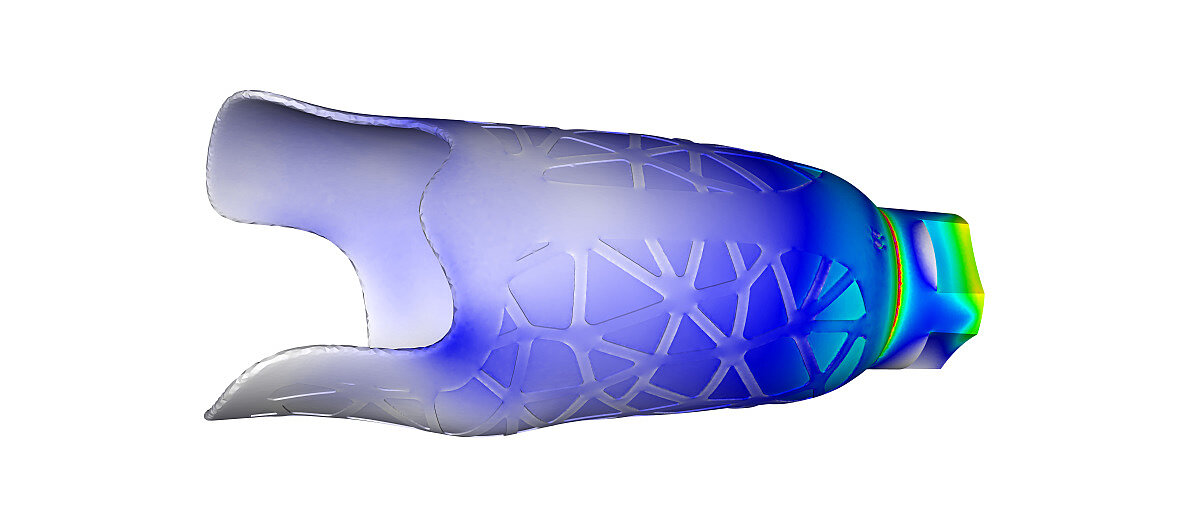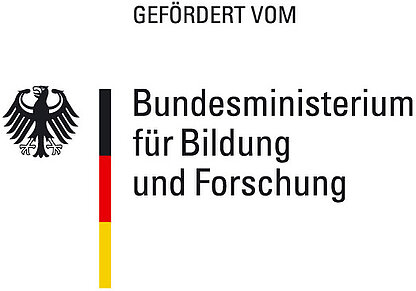SimPROLEG

The SimPROLEG funding project aims to develop an AI-supported software tool to improve and shorten the design process for prosthetic leg sockets. The focus here is on the development of bio- and structural-mechanical replacement models that make it possible to design prosthetic sockets more efficiently and with a more precise fit. Current socket production methods are highly manual and time-consuming, which often results in an unsatisfactory fit and high wearing comfort for those affected. The project aims to increase the quality and precision of prosthetic sockets, shorten the development time and reduce the workload for orthopaedic technicians.
Aims and approach:
The development of an AI-supported system is based on extensive data acquisition of patients' residual limbs, which is collected and analyzed in collaboration with orthopaedic technicians. This data is converted into structural-mechanical models, which are analyzed and optimized using finite element methods (FEM). Representative load cases such as walking or jumping are to be taken into account in order to simulate realistic loads on the prosthetic socket.
A key aspect is the development of simplified, parametric calculation models that enable fast and automated optimization of the socket geometries. These models are trained using AI-based approaches, whereby synthetic training data is generated using FEM simulations. By using so-called Physics-Informed Neural Networks (PINNs), physical laws are to be integrated into the training of the AI in order to improve the accuracy and efficiency of the modeling.
Partners involved:
Merkle CAE Solutions GmbH is responsible for project management and the development of simulation and optimization methods. The prosthesis manufacturer Ottobock SE & Co. KGaA is providing the necessary data and practical expertise in prosthesis production, while the German Research Center for Artificial Intelligence (DFKI) is responsible for developing the AI algorithms.
The project not only aims to improve the quality of life of those affected by better-fitting prosthetic sockets, but also to revolutionize the design process for orthopaedic technicians through the use of innovative technologies such as AI and FEM. In the long term, the aim is for patients to be able to create their sockets largely independently through digital recording and automated optimization processes, which could lead to faster and more cost-effective treatment.
Project type:
Project Management Agency German Aerospace Center (DLR)
BMBF
KMU-Innovativ
Joint project
Period:
2024 - 2027
Acronym/funding identifier:
SimPROLEG
01IS24006A
Project sponsor
